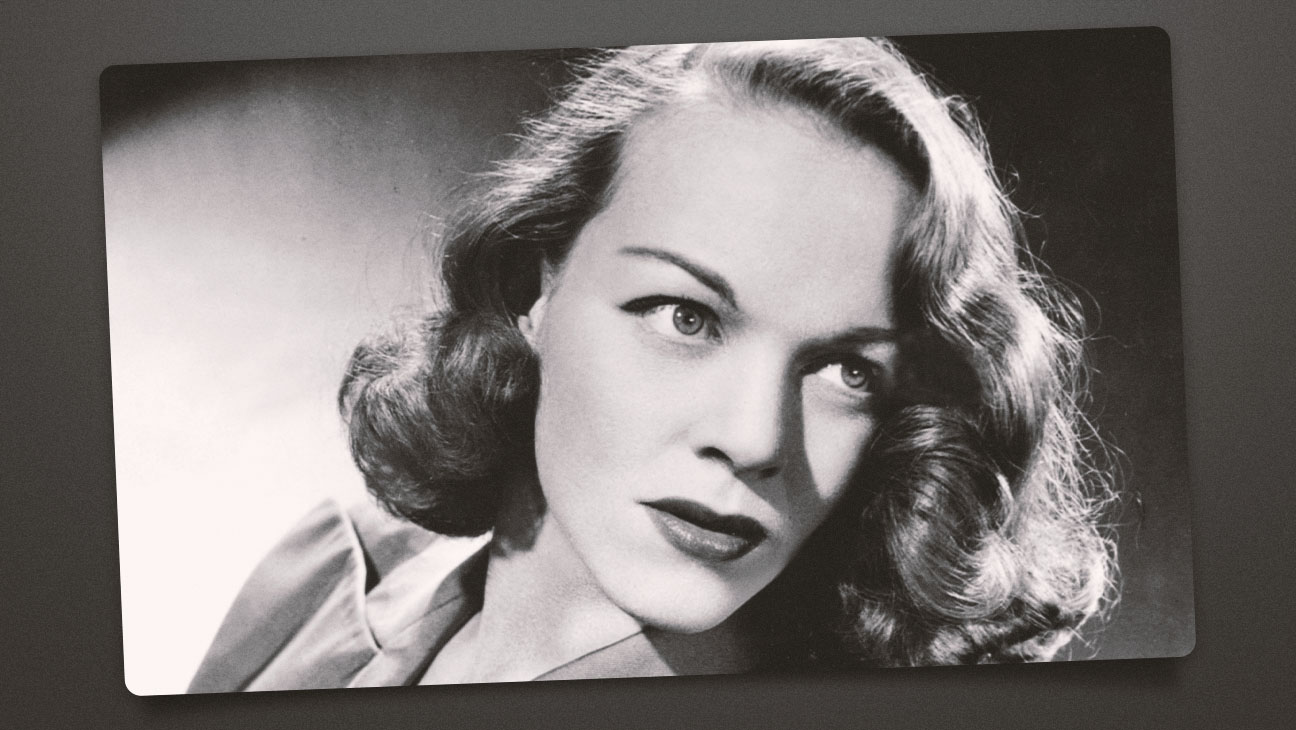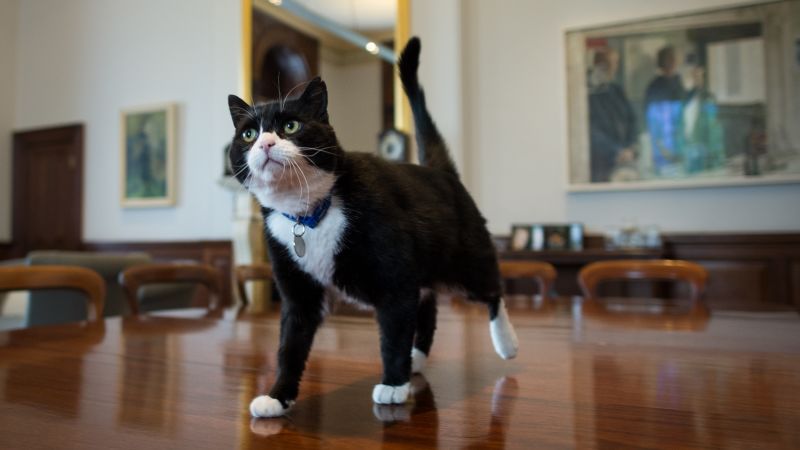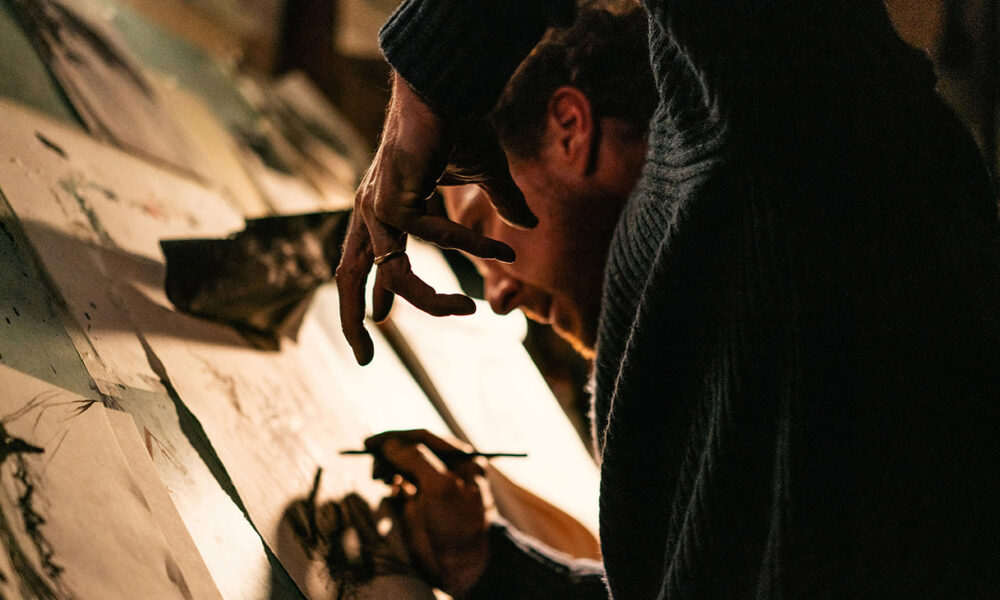Maria Riva, the only child of legendary actress Marlene Dietrich, passed away at the age of 100 on Wednesday. Riva died at her son Peter Riva‘s home in Gila, New Mexico, where she had been living since early 2022. Her passing marks the end of an era for a family deeply intertwined with the history of film and television.
Riva began her career in the entertainment industry during the early days of television, working as a contract player with CBS. She gained recognition for her roles in classic anthology series, including Studio One, Lux Video Theatre, and The Philco Television Playhouse. Often cast as a woman in peril, Riva’s performances contributed to the medium’s early development, during a time when live broadcasts were a novelty.
Despite her success, Riva did not pursue acting with fervor. In fact, she often referred to herself as a “Poor Man’s Dietrich,” revealing that she never had a strong desire to be an actress. In the late 1950s, she stepped away from acting but continued to manage her mother’s acclaimed one-woman show in Las Vegas and on international tours.
After Dietrich‘s death in May 1992, Riva published a biography of her mother. In a 2009 interview with the Television Academy Foundation, she stated, “I consider myself a biographer, not the daughter… what was wrong was wrong, what was right was right.” This perspective showcases her complex relationship with her mother, who was an iconic figure in Hollywood.
Born on December 13, 1924, in Berlin, Riva was the daughter of Dietrich and Rudolf Sieber, an editor and assistant director. At the age of five, she moved to Los Angeles to live with her mother, then a major star at Paramount Pictures. Riva’s early acting credits include a childhood role as Catherine the Great in Josef von Sternberg‘s film, The Scarlet Empress (1934), and an appearance in The Garden of Allah (1936).
Riva’s life was not without hardship. She revealed in interviews that she was sexually abused by a woman associated with one of her mother’s lovers during her childhood. Despite these challenges, Riva pursued her education at the Brillantmont International School in Switzerland and later studied acting at the Max Reinhardt Academy in Los Angeles.
As a young adult, Riva engaged in various theatrical endeavors, including performances on Broadway alongside Tallulah Bankhead in Foolish Notion (1945). After a brief marriage and a stint with a USO troop in Europe, she returned to academia, teaching acting and directing at Fordham University.
Riva’s foray into television began in 1951 with the anthology series Sure as Fate. She signed a three-year contract with CBS for $250 a week, contributing to the creation of a film-style studio system in television. Throughout her career, Riva appeared in numerous television episodes and received Emmy nominations for Best Actress in both 1952 and 1953.
Despite her accomplishments, Riva chose to leave the industry at the height of her career to avoid returning to Los Angeles, expressing her belief that the glamorous life of the stars often masked underlying unhappiness. “I had grown up in a world where everybody was beautiful, everybody was rich… and nobody was really happy,” she recalled.
Later in her career, Riva returned to acting in the 1988 film Scrooged, directed by Richard Donner. She played the role of Mrs. Rhinelander, the wife of a character portrayed by Robert Mitchum. Riva’s connection to the film was significant, as her first-born son, the late J. Michael Riva, served as the film’s production designer.
Riva continued to engage with her family’s legacy through various literary projects. She co-authored a photography book in 2001 featuring unseen images of her mother and edited a volume of Dietrich’s poetry in 2005. In 2017, she published a novel titled You Were There Before My Eyes, which tells the story of an Italian immigrant in Detroit.
After Dietrich’s death due to liver failure, Riva sold much of her mother’s estate to the Deutsche Kinemathek museum in Berlin, ensuring that her mother’s legacy would be preserved. Riva remained married to scenic designer William Riva until his death in 1999. In addition to her sons Peter and John-Paul, she is survived by another son, David, and her grandchildren.
As a figure intertwined with both television and film history, Maria Riva’s contributions reflect a unique legacy. Her experiences as the daughter of an iconic actress and her own journey through the entertainment industry have left an indelible mark.







